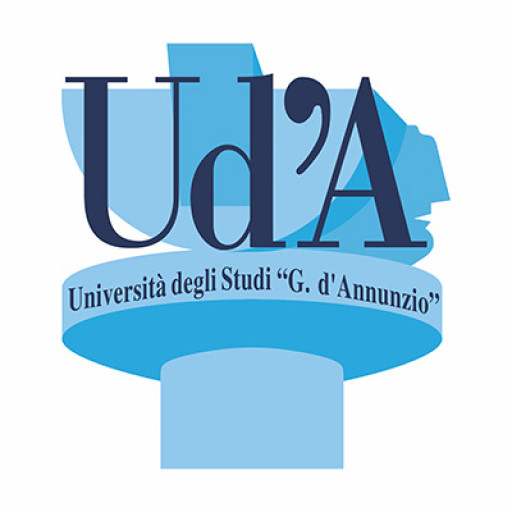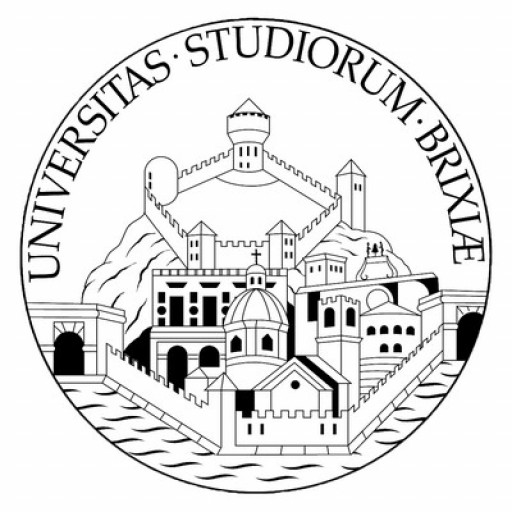Photos of university
The BSc (Hons) Exercise Rehabilitation program at Bangor University is a comprehensive degree designed to prepare students for a dynamic career in the health, fitness, and rehabilitation sectors. This degree offers a thorough understanding of the scientific principles underpinning physical activity, exercise, and its therapeutic applications for individuals with various health conditions. Throughout the program, students gain vital knowledge in human anatomy, physiology, biomechanics, and psychology, alongside specialized modules focusing on exercise assessment, prescribing tailored rehabilitation programmes, and understanding the mechanisms of injury and recovery.
The course is structured to provide practical experience through laboratory sessions, fieldwork, and placement opportunities, enabling students to develop hands-on skills essential for assisting clients in improving their health and managing chronic conditions. Emphasis is placed on the importance of evidence-based practice, ensuring future graduates are equipped with current knowledge and skills to implement effective exercise interventions. The program also covers key areas such as nutrition, health promotion, and the psychological aspects of rehabilitation, preparing students to adopt a holistic approach when designing and delivering exercise programs.
Students will have access to advanced facilities, including well-equipped laboratories and rehabilitation clinics, to enhance their learning experience. The program is delivered by expert academic staff with extensive research and professional experience in exercise science and rehabilitation. Graduates of this degree can pursue careers in clinical exercise testing, cardiac rehabilitation, sports development, personal training, or further study in related postgraduate programs. The BSc (Hons) Exercise Rehabilitation at Bangor University is ideal for individuals passionate about promoting health and wellness through scientifically grounded exercise interventions and supporting individuals in achieving their rehabilitation goals.
The Exercise Rehabilitation degree program at Bangor University is designed to equip students with comprehensive knowledge and practical skills necessary to prevent, assess, and rehabilitate individuals suffering from physical injuries and disabilities. This interdisciplinary program combines core principles of sports science, physiology, biomechanics, and healthcare to prepare graduates for a variety of careers within the health, fitness, and rehabilitation sectors. Throughout the course, students engage in a rigorous curriculum that covers topics such as human anatomy and physiology, exercise psychology, injury assessment and management, rehabilitation techniques, and the principles of physical activity promotion.
The program emphasizes a hands-on approach to learning, providing students with opportunities to apply theoretical knowledge through practical laboratories, work placements, and research projects. Students will learn how to design personalized exercise programs tailored to individual needs, including those recovering from injury or managing chronic health conditions. Emphasis is placed on the latest evidence-based practices in exercise prescription, ensuring graduates are equipped to deliver safe and effective rehabilitation services.
In addition to technical skills, the degree also focuses on developing strong communication and interpersonal skills, which are essential for engaging with clients, healthcare professionals, and multidisciplinary teams. Students will explore the psychological aspects of injury recovery, motivational strategies, and behavioral change techniques to enhance patient adherence and outcomes.
Throughout the program, students benefit from state-of-the-art facilities and expert academic staff with extensive industry experience. The course encourages critical thinking and problem-solving, preparing graduates to work in diverse environments such as hospitals, sports clinics, fitness centers, and community health organizations. Upon completion of the degree, graduates may pursue careers as exercise rehabilitation specialists, sports therapists, clinical exercise physiologists, or pursue further postgraduate study to specialize further in healthcare sciences or related fields.
By integrating academic knowledge with practical application, the Exercise Rehabilitation program at Bangor University offers a well-rounded education that prepares students to make meaningful contributions to improving health and quality of life through exercise-based interventions.
Typical program requirements for the Exercise Rehabilitation degree at Bangor University include a strong emphasis on both theoretical knowledge and practical skills in the field of physical activity, health, and rehabilitation. Applicants are generally required to hold a minimum of A-level grades BBC or equivalent qualifications, with a preference for subjects related to science, such as Biology or Physical Education. Mature students and those with relevant work experience may also be considered through the university’s admissions policies.
Candidates are expected to demonstrate a keen interest in sports science, physiotherapy, or related healthcare areas, and should have some background in human biology or anatomy. English language proficiency is necessary for non-native speakers; therefore, IELTS scores of at least 6.0 overall with no component below 5.5 are typically required. Additionally, applicants might need to provide references and a personal statement outlining their motivation for studying Exercise Rehabilitation, their enthusiasm for the subject, and any relevant experience they possess.
The program may also require a satisfactory health and disclosure check, especially for placements involving direct contact with patients or vulnerable populations. Some courses may involve practical assessments, laboratory work, and placements, so students should be physically capable of engaging in active learning and demonstrating manual skills.
Applicants are encouraged to review the specific entry requirements on the university’s official website, as these can vary slightly from year to year. In some cases, prior coursework or qualifications in sports therapy, physiotherapy, or related disciplines could strengthen an application. The program aims to develop well-rounded graduates capable of assisting in the rehabilitation of individuals with physical impairments, chronic illnesses, or injuries, making relevant work experience an asset during the application process.
The Exercise Rehabilitation program at Bangor University offers a range of financing options to support students throughout their studies. Tuition fees for domestic and international students vary and are subject to annual updates, with detailed information available on the university's official website. The university provides several scholarships, bursaries, and funding opportunities designed to assist students financially, including academic merit-based scholarships, need-based bursaries, and specific awards for sports and health sciences students. Students are encouraged to explore external funding sources such as government loan schemes, private scholarships, and sponsorship opportunities that may be available in their home countries or regions. Bangor University also participates in national student loan programs, which can cover tuition fees and living costs, depending on eligibility. International students should review visa-related financial requirements and cost of living estimates provided by the university and the UK government. Additionally, part-time work opportunities are available on or near campus, allowing students to supplement their income while pursuing their degree. The university's financial support services provide guidance on budgeting, student finance applications, and managing educational expenses effectively. Prospective and current students are advised to consult the university's official page on student finance for the most current and detailed information, including application deadlines and eligibility criteria. Comprehensive planning and early application can enhance access to available funding and reduce financial burdens during the course of study.
The Exercise Rehabilitation program at Bangor University is designed to equip students with comprehensive knowledge and practical skills necessary to assist individuals in recovery from injury, surgery, or illness through targeted physical activity. The curriculum emphasizes a holistic approach to healthcare, integrating theoretical understanding of human anatomy, physiology, and pathology with hands-on training in exercise assessment, program design, and delivery. Students learn to develop personalized rehabilitation plans that promote functional recovery, improve mobility, and enhance overall wellbeing. The program also covers various techniques such as clinical exercise testing, therapeutic exercise interventions, and the use of modern rehabilitation technologies. Emphasis is placed on evidence-based practice, ensuring graduates can apply the latest research to clinical settings. The course incorporates placements and practical sessions, allowing students to gain real-world experience working with diverse patient populations under professional supervision. Bangor University’s faculty includes experienced practitioners and researchers dedicated to innovative rehabilitation methods, ensuring the program remains aligned with current industry standards and scientific advances. Graduates of Exercise Rehabilitation are prepared to work in settings such as hospitals, community health services, sports organizations, and private clinics, contributing to the recovery and health improvement of individuals across various age groups and conditions. The program typically combines lectures, tutorials, practical workshops, and written assessments to foster a comprehensive learning environment. It may also offer opportunities for postgraduate study or specializations within the broader field of sports science, physiotherapy, or rehabilitation sciences, providing pathways to further professional development. The university’s facilities include advanced gyms, rehabilitation labs, and research centers, offering students state-of-the-art resources to enhance their training. Overall, the Exercise Rehabilitation program aims to develop competent, compassionate health professionals who can make a positive impact on patients' lives through specialized physical therapy and exercise strategies.







